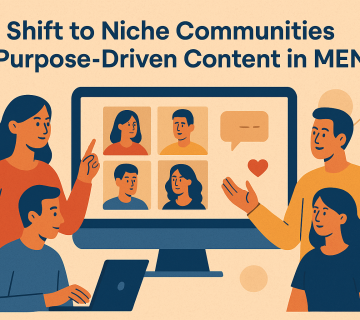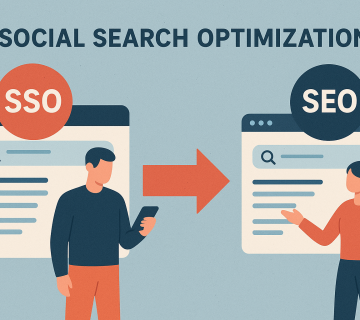While social media platforms have transformed how people communicate and consume information, they have also faced an increasing amount of criticism and scrutiny in recent years over a range of issues. This trend is likely to continue and may lead to even greater regulation and oversight of major social platforms going forward.
Social media companies have been accused of:
- First, failing to quickly remove harmful content like hate speech, extremist content, and misinformation that could incite real-world violence.
- Next, not being transparent enough about their data collection practices and how users’ personal information is in use.
- Also, becoming addictive by design, negatively impacting the mental health and wellbeing of frequent users, especially young people.
- In addition, not providing equal recommendation and monetization opportunities for all creators, favoring those who produce more viral content.
- Also, having unchecked power and influence over the online conversation and information ecosystem without proper oversight.
In response to these criticisms,
Governments and regulators around the world have begun taking action:
- First, the EU has approved landmark legislation that holds social platforms more accountable for policing illegal content and protecting users’ data privacy.
- Also, Australia passed a law requiring platforms to compensate news publishers for using their content.
- Then, the U.S. formed a federal committee to examine platforms’ impacts on children’s wellbeing, along with several state-level task forces focused on social media and mental health.
- In addition, governments in India, Brazil, Singapore, Kenya and elsewhere have proposed or passed laws aimed at increasing social media transparency, addressing misinformation, moderating harmful content more quickly, and providing users more data ownership.
As regulators develop stricter rules, industry watchdogs warn this growing scrutiny marks a “sea change” in the governance of major technology firms. While social media platforms have long operated with minimal oversight, governments are now more willing to intervene and limit companies’ autonomy.
In summary, as social media platforms face increased criticism for a range of issues, major companies like Facebook, Instagram, TikTok and Twitter are likely to see even greater national and international regulation implemented in the coming years.




